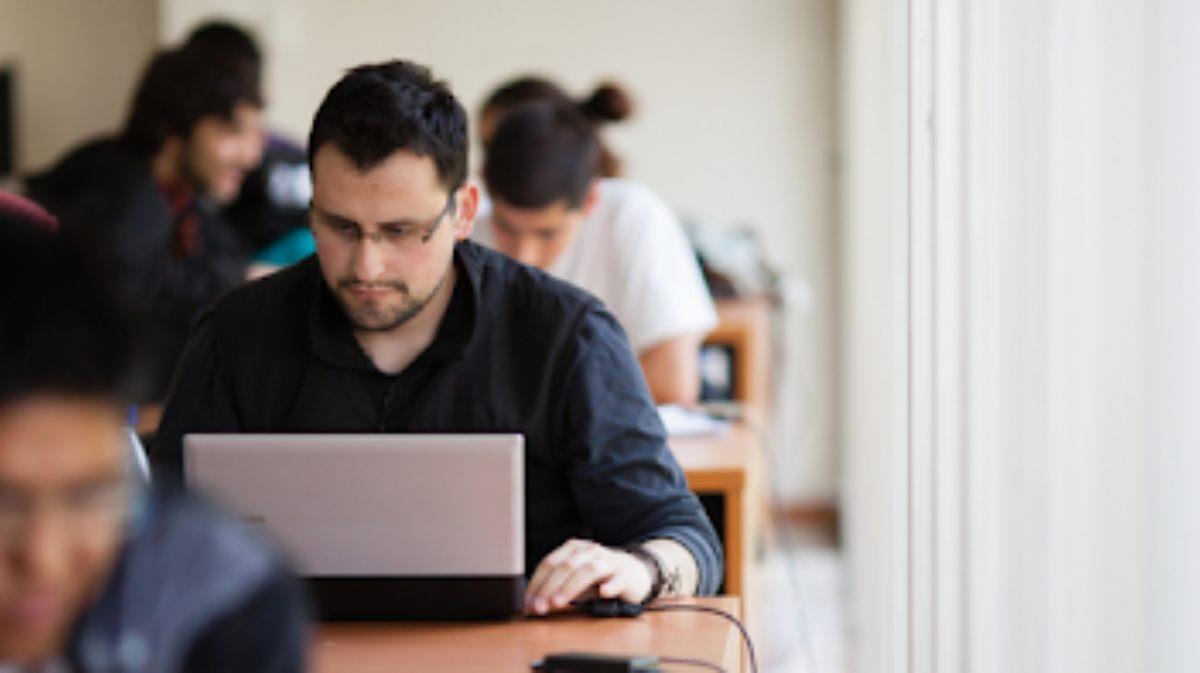Post-Pandemic Future of Higher Education: What does it Look Like in South Africa?
Monday, 21 September 2020
Before the novel coronavirus, which causes COVID-19 disease, started to spread around the world, South African universities had already recognised the need to change their way of imparting education to prepare students for a digitally mediated world. The pandemic caused universities to implement those changes faster than expected.

What are the Long-Lasting Changes that the Pandemic will bring to South Africa’s Higher Education System?
Three South African universities' vice-chancellors have shared their insights and predictions about what the future of higher education looks like as regards what these changes mean for the higher education system and how they could affect the way in which universities teach and do research.
The vice-chancellor of the University of Cape Town considers that teaching methods will merge face-to-face and fully online learning. This decision didn't come out of nowhere and suddenly. The pandemic had certainly brought it forward faster, but the University of Cape Town had already recognised the need to prepare students for a digital world long before COVID-19.
A clear example of this forward thinking was that at the beginning of this year, about 60% of lecturers had already decided to record their lectures.
COVID-19 has caused this process not only to come faster but also to be fully implemented all together, that’s for certain. Educators all around the world had to turn to other methods of teaching in order to keep the education system going and avoid losing the whole year, which would be catastrophic. Many UCT academics have claimed that teaching will never go back to the way it was before.
If you consider this situation, you can see there are some positive ways to look at the pandemic, at least from the perspective of higher education. It helped the world innovate in education in a way that will prepare students in a best way since we all know the future is digital.
There are some challenges that will need a lot of thought, that's for sure. For example, it’s not as easy to sit through exams, and some students may not have full data access and electricity provision at home. The UCT is conducting surveys to students and academics in order to monitor each of their experiences and polish this kind of lesson for the future. But this situation provided the perfect environment to conduct surveys because we were forced to turn to online education suddenly.
Before the pandemic, many universities were putting digitization off because of the fact that some higher education institutions lacked resources to implement digital technologies or online education, or that students lacked access.
Now, they can see that returning to purely contact learning is not going to be possible. What the world has gone through during these past months is more relevant to a future marked by increasing globalisation and technology. When it's passed, universities will need resources that allow them to move to hybrid or blended teaching and learning with greater speed.
Wits University also claims that a shift to blended learning is inevitable. Professors have noticed students are performing better in the online environment than face-to-face. They think this is because the digital world is their comfort zone.
There are certain areas of study that obviously require face-to-face interaction but this will also need to be re-thought.
Do Universities have the Human and Financial Resources to make these changes happen on a long-lasting basis?
University of Cape Town
Teaching through distance learning will certainly bring about some benefits. For example, teachers will be able to manage their course load not efficiently, it will be possible for more students to enroll, and this will bring more income to the institution.
University of Pretoria
Many universities have been poorly funded for many years now. This means they lack human and financial resources to answer these challenges.
The University of Pretoria thinks the government should include universities in the stimulus packages meant to reduce the impact of COVID-19.
It is crucial that the training is staff who manage information technology infrastructure and of academic staff who teach and do research in order for the transition from contact to hybrid teaching to be successful.
University of the Witwatersrand
The real issue at stake will not be how professors and academics will be able to live up to the situation because, during this past few months, most of them could adapt to the new mode of teaching. This was kind of like an experiment to practice. What will actually be a burden is how to finance higher education.
Job losses will cause a growing "missing middle" and providing support to that students will be imperative.
These Universities have been addressing the issue of COVID-19 and its potential impact on education with a clear perspective: the Virus has come to bring the future forward and we need to get used to the fact that we will never go back to the way we were before.
Change is here to stay, and it is not a bad thing.
Are you interested in learning more about these three top universities in South Africa? Visit Start University to find out more information.
Related Articles
Get Instant Information about the University















